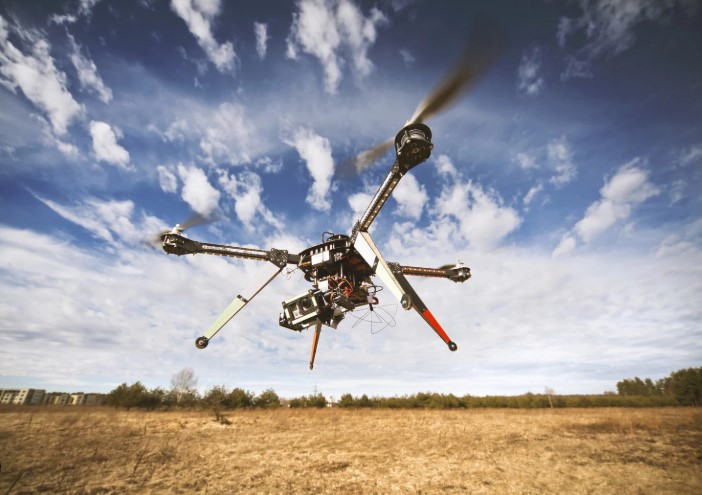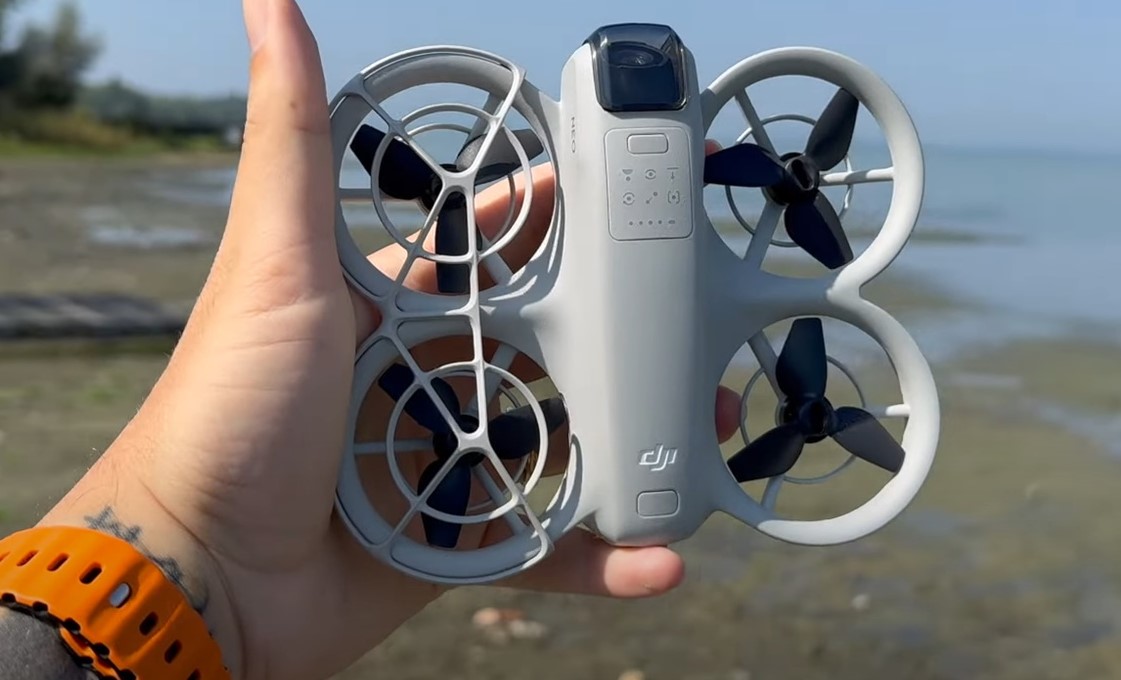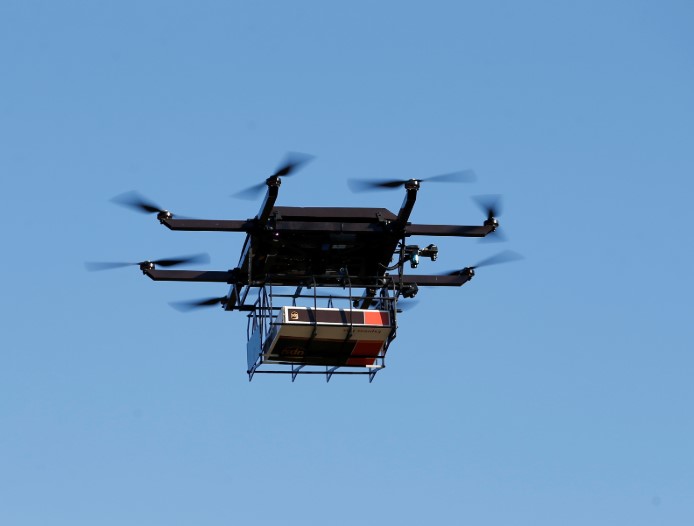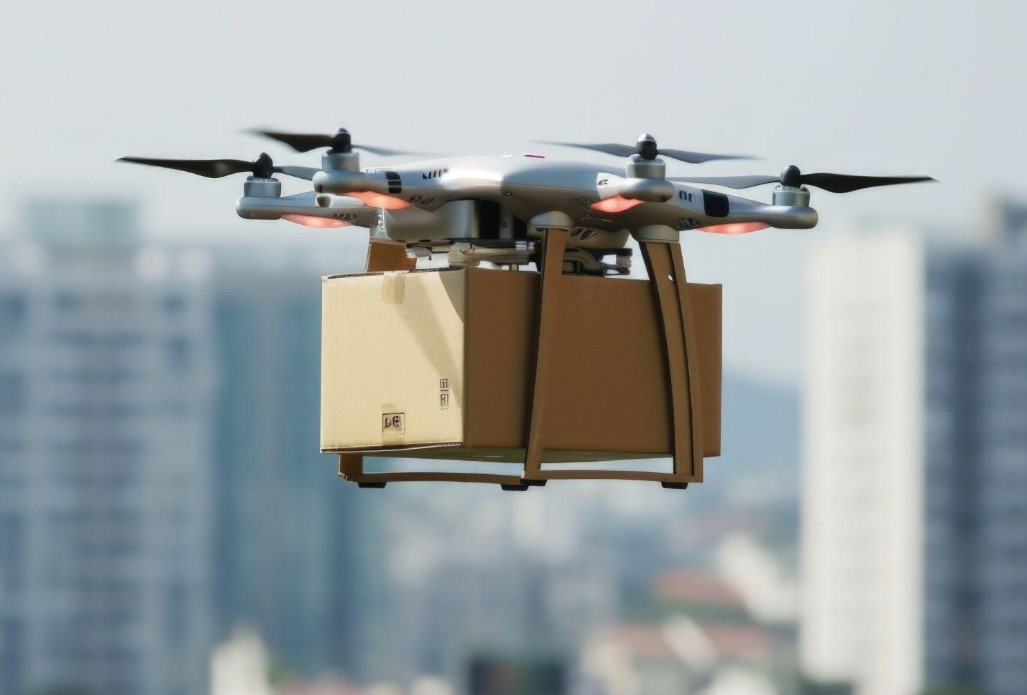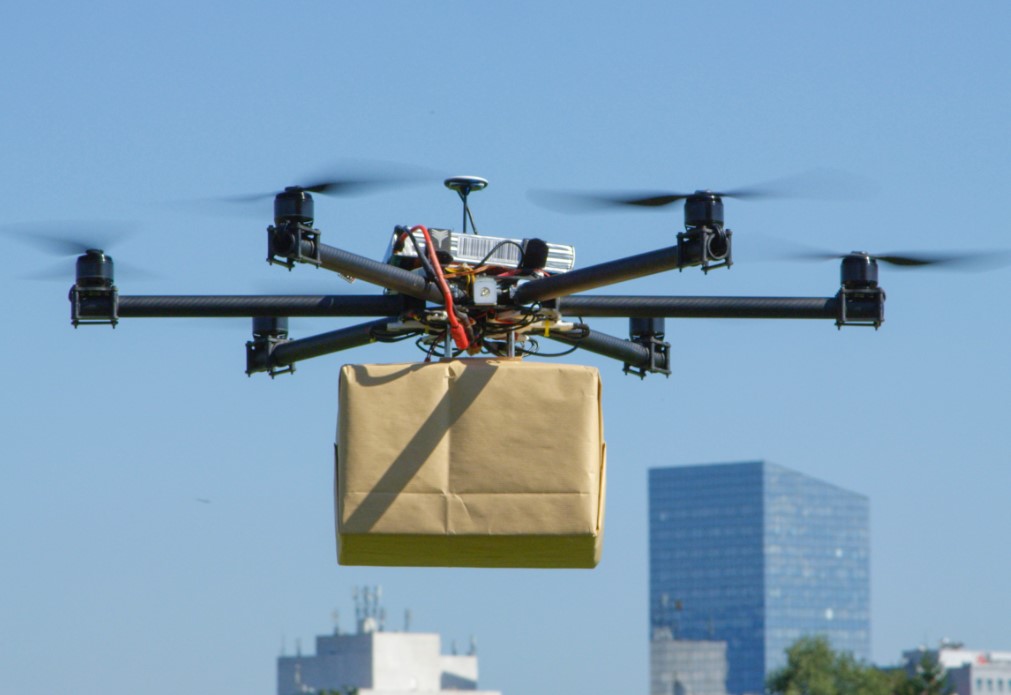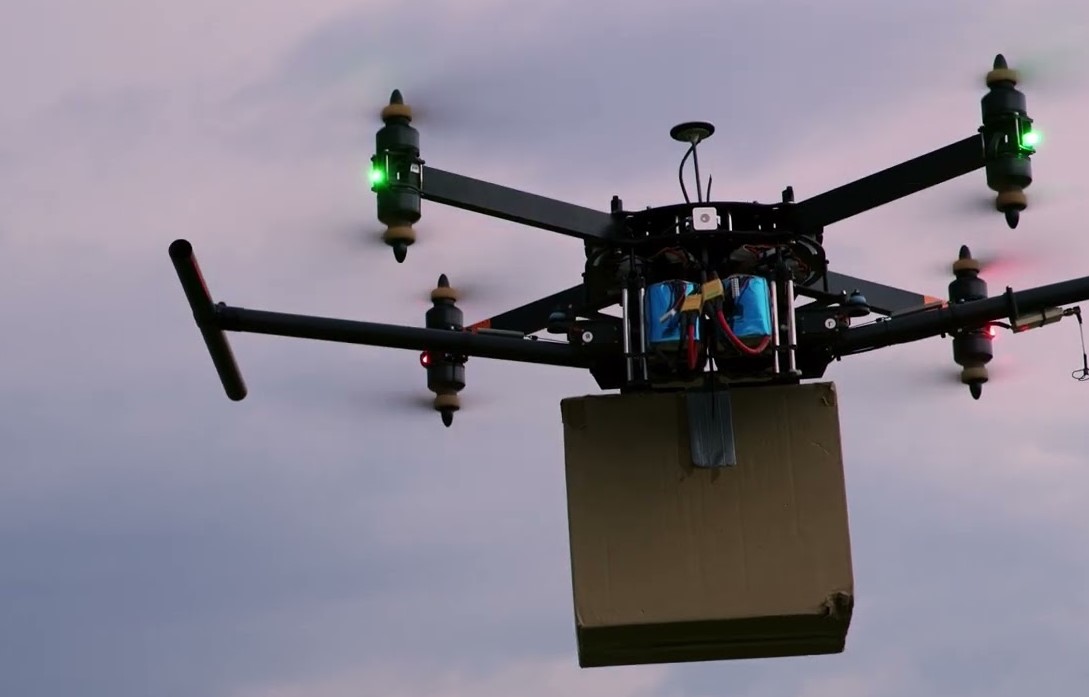Is drone delivery legal in India? Drone technology has significantly evolved over the last decade, with applications extending from recreational use to commercial delivery services. In countries like India, where logistical challenges often hinder last-mile connectivity, drone delivery presents a promising solution. However, the legality of drone delivery in India is governed by strict regulatory measures, ensuring safety and security. In this article, we will delve into the legal framework surrounding drone delivery in India, its current status, challenges, and future prospects. Follow ftvbest.com !!!
Understanding Drone Regulations in India
The use of drones, officially termed as Remotely Piloted Aircraft Systems (RPAS), in India is regulated by the Directorate General of Civil Aviation (DGCA). In August 2021, the Indian government introduced the Drone Rules, 2021, replacing the earlier Unmanned Aircraft System (UAS) Rules, 2021. This regulatory overhaul was aimed at fostering innovation while ensuring operational safety.
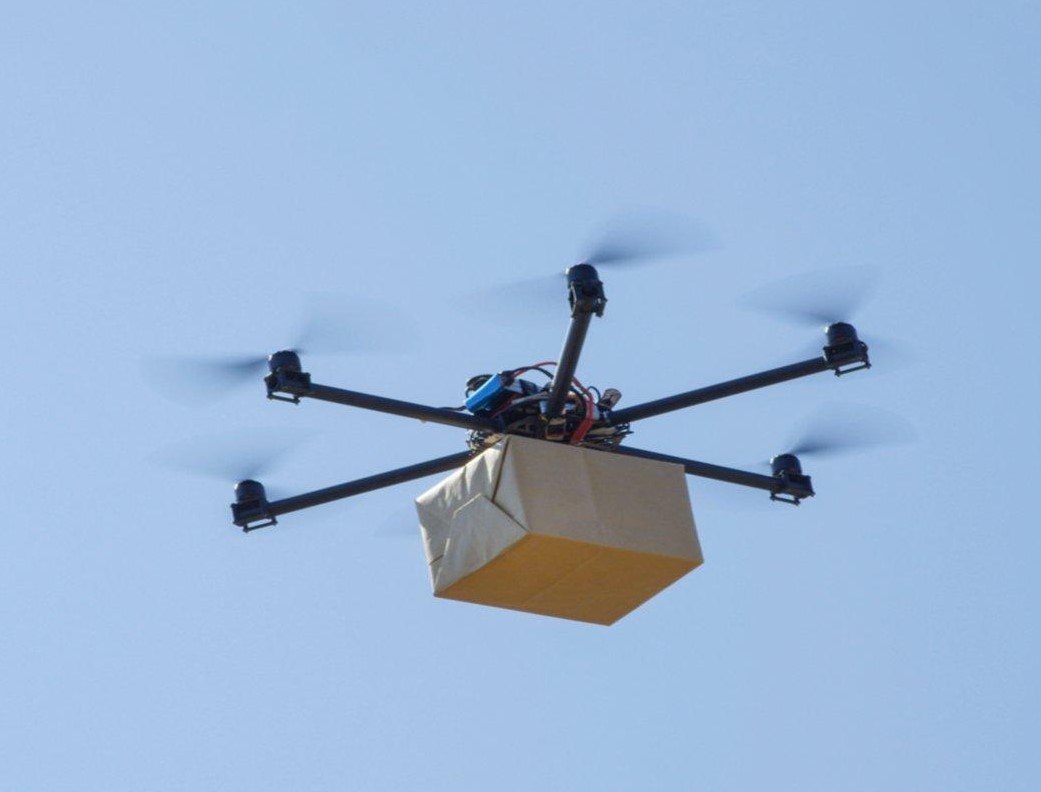
Key Features of Drone Rules, 2021
- Simplified Licensing Process: The new rules eliminate the need for several approvals, such as security clearances before registration or issuance of a remote pilot license.
- Digital Platform for Ease of Use: A Digital Sky platform has been introduced to facilitate registration and operational processes, enabling drone operators to easily access regulatory approvals online.
- Categorization of Drones: Drones are categorized based on their weight:
- Nano (less than 250 grams)
- Micro (250 grams to 2 kg)
- Small (2 kg to 25 kg)
- Medium (25 kg to 150 kg)
- Large (above 150 kg)
- No Permission, No Takeoff (NPNT): Every drone must be equipped with hardware and software ensuring that it cannot take off without necessary permissions through the Digital Sky platform.
- Zones for Drone Operations: India’s airspace is divided into three zones:
- Green Zone: No permission required for operations up to 400 feet.
- Yellow Zone: Controlled airspace requiring DGCA clearance.
- Red Zone: Operations prohibited.
- Drone Certification: All drones must undergo a certification process to ensure compliance with manufacturing and operational standards.
Is drone delivery legal in India? Drone Delivery Specific Regulations
Is drone delivery allowed in India? Drone delivery operations in India fall under the category of Beyond Visual Line of Sight (BVLOS) flights. These flights allow drones to operate beyond the operator’s direct line of sight, a critical requirement for delivery services. BVLOS operations are permitted under strict regulatory oversight, and companies must secure specific permissions for pilot projects.
Current Status of Drone Delivery in India
Is drone delivery possible in India? India has made significant strides in embracing drone delivery technology, particularly in sectors like healthcare, e-commerce, and agriculture. Several pilot projects have been initiated to test the feasibility of drone deliveries under controlled environments:
- Healthcare Initiatives: In 2021, Telangana’s “Medicine from the Sky” initiative, in collaboration with the World Economic Forum and other partners, used drones to deliver vaccines and medical supplies to remote areas.
- E-commerce: Leading players like Swiggy and Dunzo have explored drone delivery for food and grocery items. These projects, conducted under DGCA-approved BVLOS trials, demonstrated the potential for fast and efficient deliveries.
- Agriculture and Logistics: Drones have also been employed for spraying pesticides and monitoring crops, showcasing their versatility beyond delivery applications.
>>> Read: Is Drone Delivery Legal In Australia?
Challenges to Drone Delivery in India
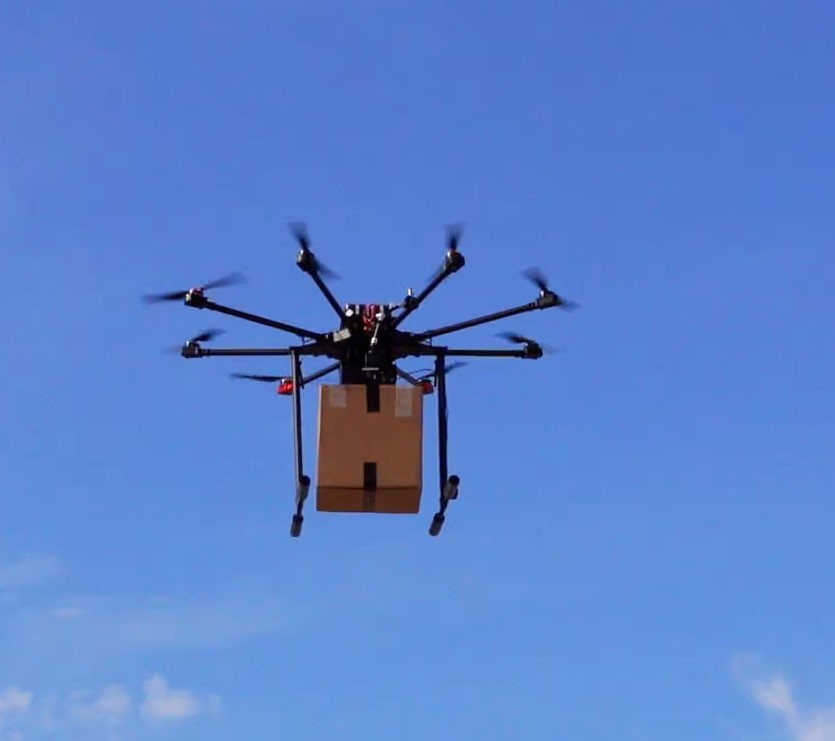
While the regulatory framework for drones has eased significantly, several challenges remain that hinder widespread adoption of drone delivery services in India:
- Infrastructure Limitations: The success of drone delivery relies on robust infrastructure, including charging stations, landing pads, and maintenance facilities. India’s current infrastructure is still in its nascent stages, especially in rural areas.
- Security Concerns: Given the potential misuse of drones for illegal activities, stringent security measures are necessary. Unauthorized drone flights pose risks to both public safety and national security.
- Cost of Implementation: Setting up a drone delivery network involves high initial costs, including drone procurement, training pilots, and securing necessary permissions. This can deter small businesses from adopting the technology.
- Air Traffic Management: As the number of drones in Indian airspace increases, managing air traffic effectively to avoid collisions and interference with manned aircraft becomes crucial.
- Public Acceptance: The idea of drones flying over residential areas may raise privacy and noise pollution concerns among the public, potentially leading to resistance.
Future Prospects for Drone Delivery in India
Despite these challenges, the future of drone delivery in India looks promising. Several initiatives and technological advancements are paving the way for its widespread adoption:
- Government Initiatives: The Indian government’s Production-Linked Incentive (PLI) scheme for drone manufacturing aims to boost domestic production and reduce costs. This initiative is expected to accelerate the adoption of drones across various sectors.
- Collaborations and Partnerships: Collaborations between private companies, government bodies, and international organizations are fostering innovation. For instance, startups like TechEagle and Skye Air Mobility are actively working on drone delivery solutions tailored to India’s needs.
- Advancements in Technology: With improvements in battery life, payload capacity, and navigation systems, drones are becoming more efficient and reliable. These advancements will likely address some of the current limitations of drone delivery systems.
- Integration with Smart Cities: As India’s smart city initiatives progress, integrating drone delivery systems into urban logistics frameworks could revolutionize last-mile connectivity.
- Expanding Use Cases: Beyond e-commerce and healthcare, drones can be employed for delivering essential goods during disasters, conducting environmental surveys, and enhancing agricultural productivity.
Conclusion
Drone delivery in India is a rapidly evolving field with immense potential to transform logistics and connectivity. While the legal framework under the Drone Rules, 2021 has simplified operations, challenges related to infrastructure, security, and public perception need to be addressed. The success of pilot projects in sectors like healthcare and e-commerce highlights the feasibility of drone delivery under controlled conditions.
As India continues to embrace technological advancements, the integration of drones into mainstream logistics appears inevitable. With supportive government policies, private sector innovation, and public awareness, drone delivery could soon become a common feature in India’s logistics landscape. By addressing the existing challenges, India can unlock the full potential of this revolutionary technology, ensuring faster and more efficient delivery systems across the nation.
